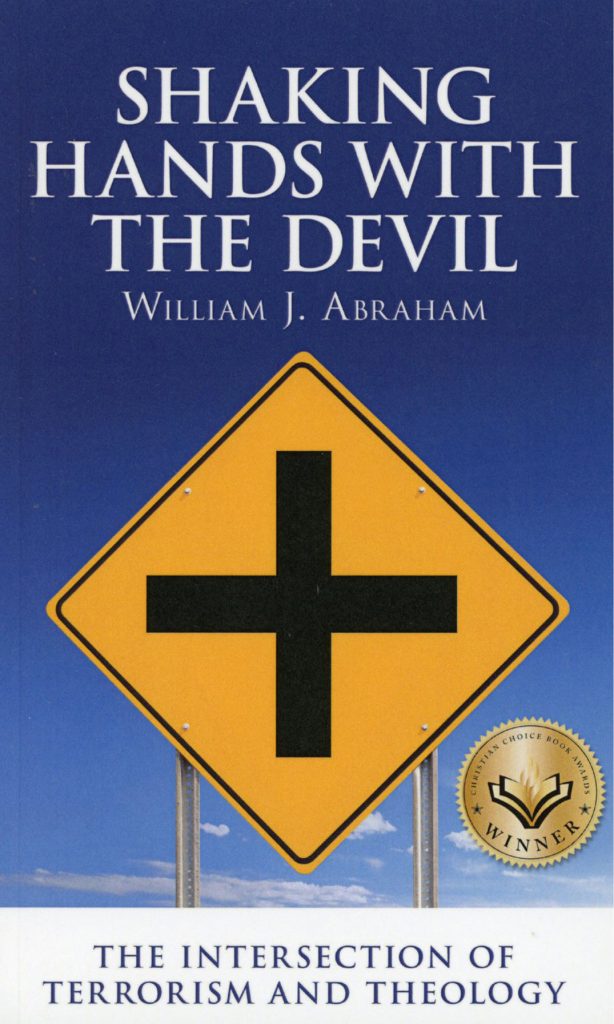Like it or not, religion has always taken a central place in the world's violence. While William Abraham's "Shaking Hands with the Devil" (Highland Loch Press, 2013) and John Allen's "The Global War on Christians" (Image Books, 2013) discuss very different issues, the authors share the same aim of reducing the stereotyping about religion and the religious that seems a constant in our secularized world.
Having grown up in Northern Ireland and witnessed the violence firsthand, Abraham points out many common fallacies, such as the assumption that the violence in Northern Ireland is religiously based, when in fact it is an ethnic issue.
Abraham is more philosophical and theological than political. He avoids taking sides, and sees the people as caught up in a process that is beyond them. Readers won't be confronted by moralizing of any sort. Rather, he muses about the nature of violence, religion and human behavior.
While Abraham only touches on the just war theory made famous by St. Augustine, he offers much more balance to this important topic than Christian pacifists, whom he rejects as parasites living under the peace provided by those willing to fight for justice and defend the weak. Readers who are used to weak-kneed Christian leaders will be satisfied with the author's frankness.
"The Global War on Christians" offers a stark assessment of the facts gathered by Allen. The book is a wake-up call to comfortable Christians who have no idea how bad things are, even in the United Kingdom or North America. He quotes Chicago Cardinal Francis George's chilling words: "I expect to die in bed, my successor will die in prison, and his successor will die a martyr in the public square."
An optimist, Allen adopts Tertullian's famous phrase, "The blood of the martyrs is the seed of the church," meaning that martyrdom leads to church growth. Yet this is a weak argument: Centuries of Christian martyrdom in Muslim countries have only brought a numerical and cultural decline of Christians in that area, however dedicated the small minorities remain. Likewise, formerly religious countries that fell under communism, such as the Czech Republic or Bulgaria, are largely atheist after decades of church persecution.
It is also an unconvincing argument because Allen fails to discuss the possibility that rapid church growth precedes and in some way provokes increased martyrdom, rather than the opposite. A swelling number of Christians invites persecution because believers are more visible than previously and are perhaps seen as a menace by political authorities who have often based their power on traditional social structures.
In any case, while both books are worth the effort, Allen's is the one people will read to the last page, principally because of how timely it is and because of his references to real people.
---Brian Welter, CNS

